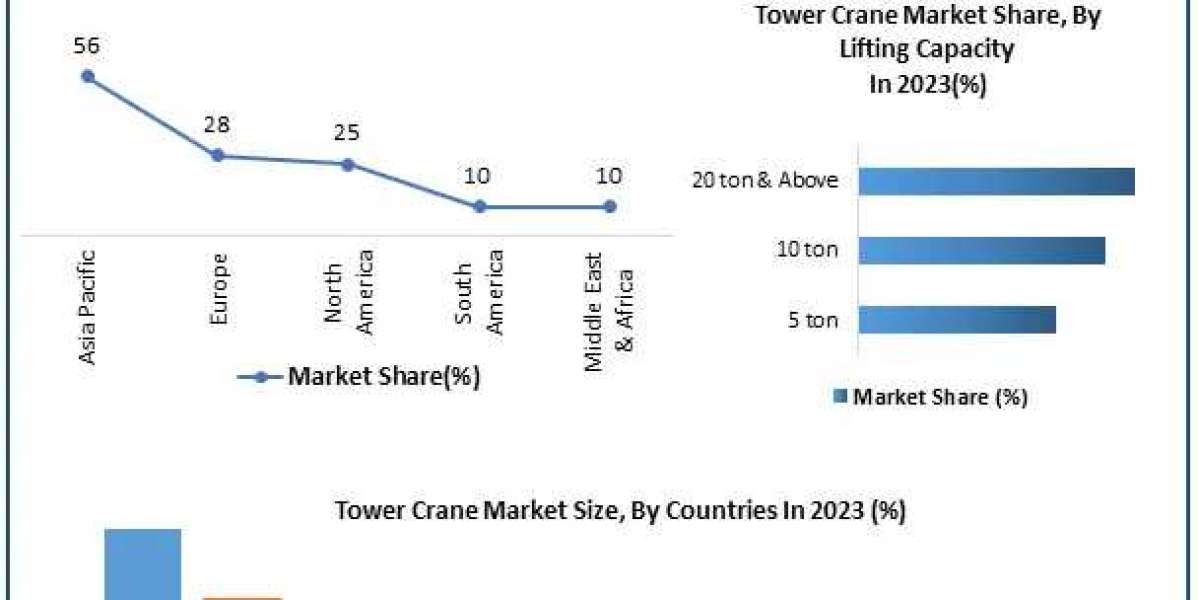In recent years, Saudi Arabia has emerged as a hub for technology and innovation, with mobile app development playing a pivotal role in this transformation. The Kingdom's Vision 2030 initiative has provided a significant boost to the tech industry, fostering an environment conducive to the growth of mobile app development. This article explores the landscape of mobile app development in Saudi Arabia, highlighting the opportunities, challenges, and key players in the industry.
The Rise of Mobile App Development in Saudi Arabia
Mobile app development in Saudi Arabia has seen exponential growth, driven by the increasing penetration of smartphones and the internet. As of 2023, there were over 27 million smartphone users in the Kingdom, a number that is expected to rise steadily. This surge in smartphone usage has created a burgeoning market for mobile apps, catering to various needs from entertainment and shopping to healthcare and education.
Vision 2030 and Its Impact
The Vision 2030 initiative, launched by Crown Prince Mohammed bin Salman, aims to diversify the Saudi economy and reduce its dependence on oil. A key component of this vision is the development of a robust digital infrastructure. The initiative has led to significant investments in technology, fostering innovation and entrepreneurship in the mobile app development sector.
One of the notable outcomes of Vision 2030 is the establishment of tech hubs and incubators across the Kingdom. These initiatives provide startups with the necessary resources, mentorship, and funding to develop innovative mobile apps. The government's support has also attracted international tech companies, further boosting the local app development ecosystem.
Key Sectors Driving Mobile App Development
Several sectors are driving the demand for mobile app development in Saudi Arabia. These include:
E-commerce: With the rise of online shopping, e-commerce apps have become increasingly popular. Companies like Noon, Jarir, and Souq are leading the way, providing seamless shopping experiences through their mobile apps.
Healthcare: The healthcare sector has embraced digital transformation, with telemedicine and health monitoring apps gaining traction. Apps like Sehhaty and Mawid are empowering users to manage their health more effectively.
Education: The COVID-19 pandemic accelerated the adoption of e-learning platforms. Apps like Madrasati and Noon Academy have revolutionized the education sector, offering interactive and accessible learning experiences.
Entertainment: Streaming services and gaming apps are on the rise, catering to the entertainment needs of the tech-savvy Saudi population. Platforms like Shahid and Anghami have become household names.
Challenges Facing Mobile App Development in KSA
Despite the positive growth trajectory, mobile app development in KSA faces several challenges. These include:
Regulatory Hurdles: Navigating the regulatory landscape can be complex for app developers. Compliance with local laws and obtaining necessary approvals can be time-consuming and costly.
Talent Shortage: There is a shortage of skilled app developers in the Kingdom. While efforts are being made to address this gap through education and training programs, the demand for talent still outstrips supply.
Data Security: With the increasing reliance on digital platforms, data security has become a critical concern. Ensuring the privacy and security of user data is paramount for app developers.
Opportunities for Growth
The mobile app development industry in Saudi Arabia offers numerous opportunities for growth. The government's commitment to digital transformation, coupled with a young and tech-savvy population, creates a fertile ground for innovation. Here are some areas poised for growth:
Fintech: The financial sector is ripe for disruption, with mobile banking and payment apps gaining popularity. The recent introduction of digital banking licenses is expected to drive further innovation in this space.
Smart Cities: Saudi Arabia's ambitious smart city projects, such as NEOM, offer a unique opportunity for app developers to create solutions that enhance urban living.
Artificial Intelligence: Integrating AI into mobile apps can enhance user experiences and provide personalized services. AI-driven apps have the potential to revolutionize various sectors, including healthcare and education.
Conclusion
Mobile app development in Saudi Arabia is on an exciting trajectory, fueled by government support, technological advancements, and a dynamic market. While challenges exist, the opportunities for growth and innovation are immense. As the Kingdom continues to invest in its digital future, mobile app developers have a pivotal role to play in shaping the landscape of modern Saudi Arabia.






